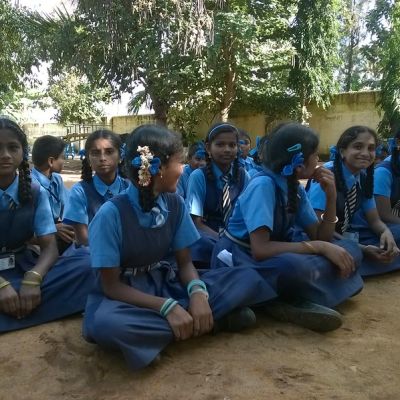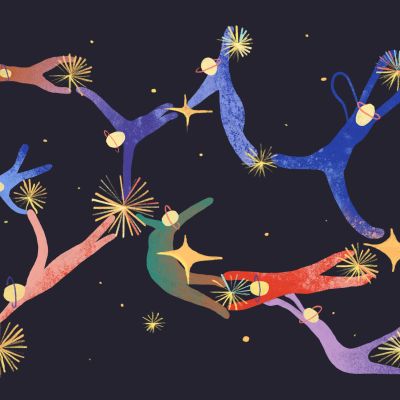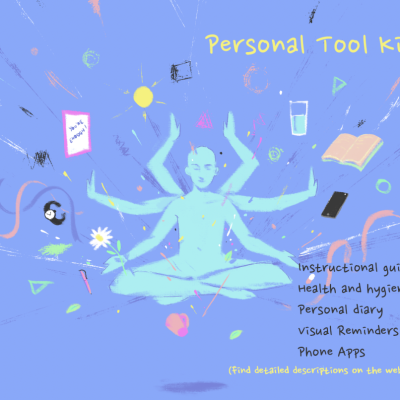Human Rights
As development professionals, our tasks involve reflecting on the norms that service providers, colleagues and field staff engaging with communities hold on to so strongly. How can programmes create safe spaces to match up to service providers’ professional and personal beliefs so that they can challenge those norms in their own families and be non-judgmental?
The pandemic has put us through interesting times, to say the least – of reflecting, learning, realigning, thinking about what really matters, a time to pause and care for ourselves with kindness. At TARSHI, we’re just delighted to have been able to do the same – while also sharing something of what we’ve learnt with you.
In a country like India where both mental health and non-binary identities are topics that are neglected despite being essential parts of an individual’s identity, it can be quite challenging to navigate through issues regarding the same. Accessibility to affordable and quality mental health services is a serious difficulty that the queer Indian population faces.
Were there more people like my father? Was it legal? I read about sexual diversity and how people of all sexual orientations should have the same rights[1], the LGBT community, and so on, and what the law says about them. Though the picture is not a completely happy one, a lot of work is going on in this area and there is still hope for the future.




